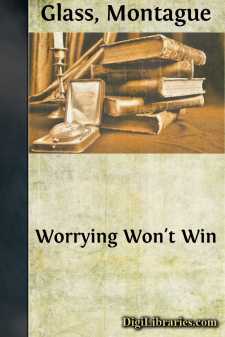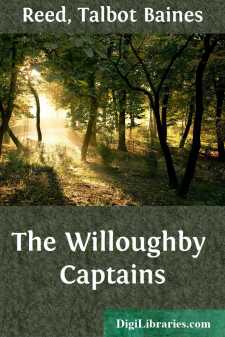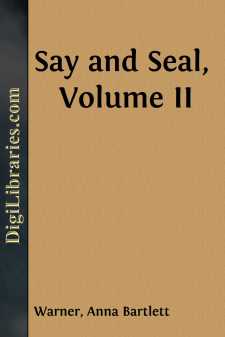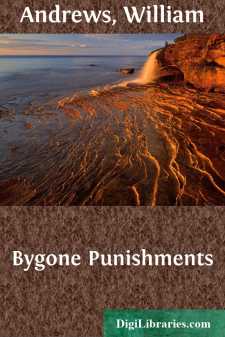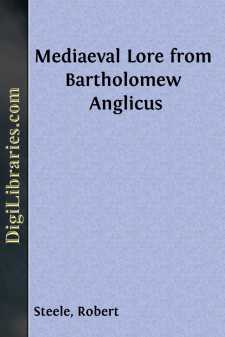Categories
- Antiques & Collectibles 13
- Architecture 36
- Art 48
- Bibles 22
- Biography & Autobiography 813
- Body, Mind & Spirit 142
- Business & Economics 28
- Children's Books 17
- Children's Fiction 14
- Computers 4
- Cooking 94
- Crafts & Hobbies 4
- Drama 346
- Education 46
- Family & Relationships 57
- Fiction 11829
- Games 19
- Gardening 17
- Health & Fitness 34
- History 1377
- House & Home 1
- Humor 147
- Juvenile Fiction 1873
- Juvenile Nonfiction 202
- Language Arts & Disciplines 88
- Law 16
- Literary Collections 686
- Literary Criticism 179
- Mathematics 13
- Medical 41
- Music 40
- Nature 179
- Non-Classifiable 1768
- Performing Arts 7
- Periodicals 1453
- Philosophy 64
- Photography 2
- Poetry 896
- Political Science 203
- Psychology 42
- Reference 154
- Religion 513
- Science 126
- Self-Help 84
- Social Science 81
- Sports & Recreation 34
- Study Aids 3
- Technology & Engineering 59
- Transportation 23
- Travel 463
- True Crime 29
Sort by:
by:
Kelly Freas
It seems unnecessary to say that my story began a long time ago, but I do not intend to be subtle. I am not clever and my lying is unpolished, almost amateurish. So I certainly could not be subtle, which requires both cleverness and an ability to tell the truth and a lie in the same breath. Let us turn back the clock a few ages. I was lying in the sun thinking of love. I understand that you human...
more...
by:
Montague Glass
POTASH AND PERLMUTTER DISCUSS THE CZAR BUSINESS Like the human-hair business and the green-goods business it is not what it used to be. "Yes, Abe," Morris Perlmutter said to his partner, Abe Potash, as they sat in their office one morning in September, "the English language is practically a brand-new article since the time when I used to went to night school. In them days when a feller says...
more...
EXPLANATION The principal abbreviations used in these pages are: b. standing for born.m. standing for married.d. standing for died.y. standing for young. For convenience and distinction, as in all genealogical works, each name is given a number separately. Without this it would be difficult to tell which Joshua Stephens is meant, for there are many of that name, as also others. The numbers are also...
more...
I The freakish little leader of the orchestra, newly imported from Sicily to New York, tossed his conductor's wand excitedly through the air, drowning with musical thunders the hum of conversation and the clatter of plates. Yet neither his apish demeanour nor the deafening noises that responded to every movement of his agile body detracted attention from the figure of Reginald Clarke and the young...
more...
CHAPTER I. FAMILY AND EARLY LIFE. 1801-1811. The father of Admiral Farragut, George Farragut, was of unmixed Spanish descent, having been born on the 29th of September, 1755, in the island of Minorca, one of the Balearic group, where the family had been prominent for centuries. One of his ancestors, Don Pedro Ferragut, served with great distinction under James I, King of Aragon, in the wars against the...
more...
The last of the old Captain. Something unusual is happening at Willoughby. The Union Jack floats proudly over the old ivy-covered tower of the school, the schoolrooms are deserted, there is a band playing somewhere, a double row of carriages is drawn up round the large meadow (familiarly called “The Big”), old Mrs Gallop, the orange and sherbert woman, is almost beside herself with business flurry,...
more...
CHAPTER I. So came the holiday week, wherein was to be done so much less than usual—and so much more. Mr. Linden's work, indeed, was like to double on all hands; for he was threatened with more tea-drinkings, dinners, suppers, and frolics, than the week would hold. How should he manage to give everybody a piece of him, and likewise present himself entire to the assembled boys when ever they...
more...
by:
William Andrews
Hanging. he usual mode of capital punishment in England for many centuries has been, and still is, hanging. Other means of execution have been exercised, but none have been so general as death at the hands of the hangman. In the Middle Ages every town, abbey, and nearly all the more important manorial lords had the right of hanging, and the gallows was to be seen almost everywhere. Representatives of...
more...
by:
John Franklin
INTRODUCTION. In days of hurried action I have been astonished at the depth of interest which a re-perusal of this wonderful old narrative has held for me. Wonderful it is in its simplicity and its revelation of the simplicity of character and faith of the man who wrote it. It is old only by comparison—scarcely ninety years have elapsed since the adventures it described were enacted—yet such a...
more...
by:
Robert Steele
PREFACE It is not long since the Middle Ages, of the literature of which this book gives us such curious examples, were supposed to be an unaccountable phenomenon accidentally thrust in betwixt the two periods of civilisation, the classical and the modern, and forming a period without growth or meaning—a period which began about the time of the decay of the Roman Empire, and ended suddenly, and more...
more...



